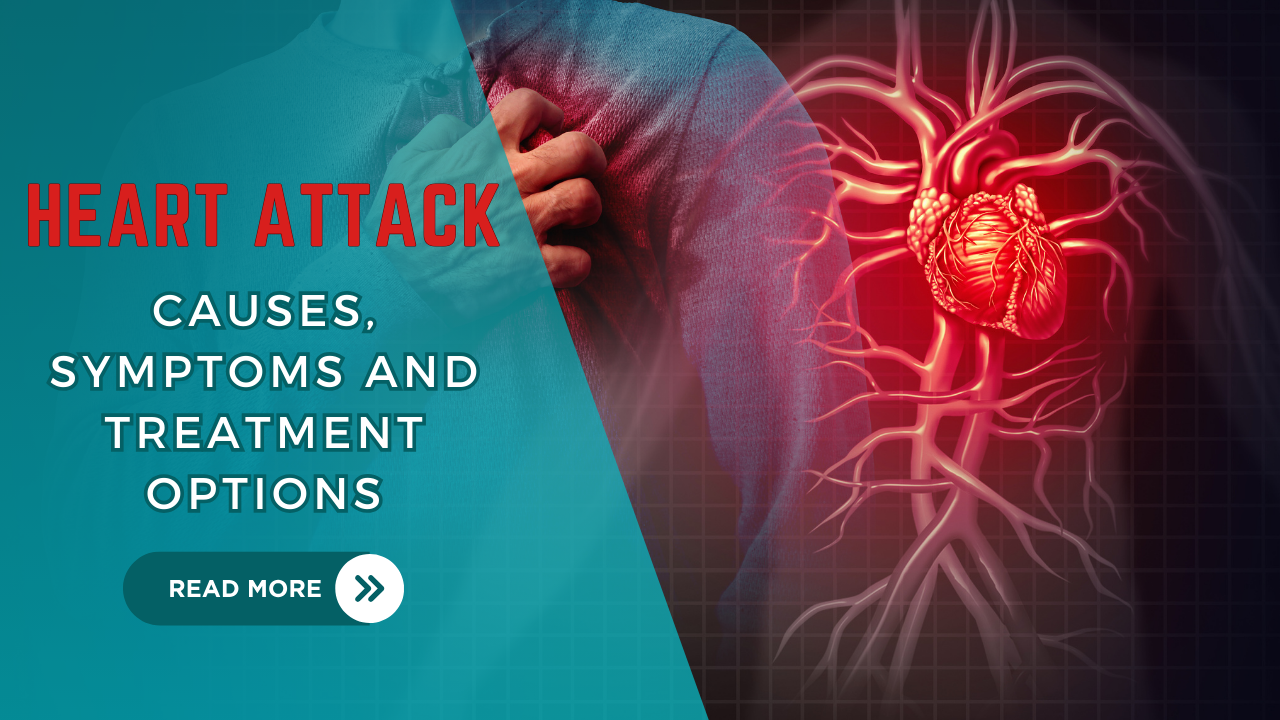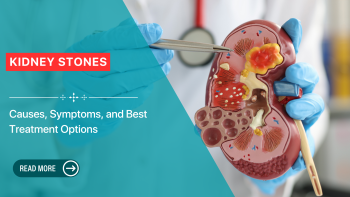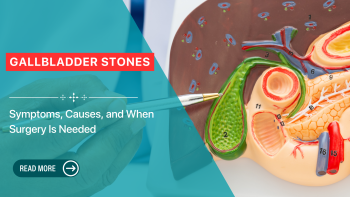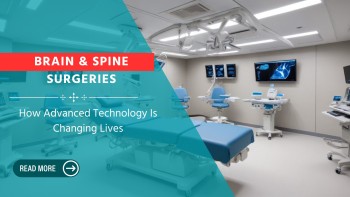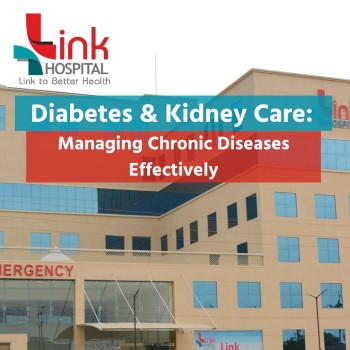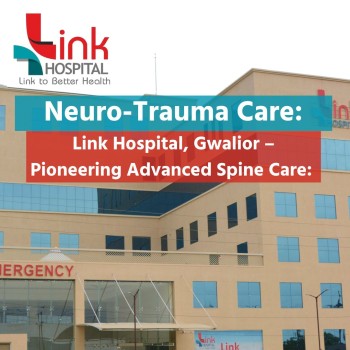Heart Attack: The heart, a marvel of biological engineering, is the lifeline of our body's circulatory system. This blog unravels the enigma of heart attacks, shedding light on their causes, symptoms, and diverse treatment options.
The Anatomy of a Heart Attack
A heart attack, medically known as a myocardial infarction, occurs when the blood flow to a part of the heart is blocked, leading to damage or death of the heart muscle cells. This blockage is often caused by the formation of a blood clot in a coronary artery, disrupting the supply of oxygen-rich blood to the heart.
The Causes of Heart Attacks
Coronary Artery Disease (CAD): The most common cause of heart attacks, CAD is characterized by the buildup of plaque—a combination of cholesterol, fat, and other substances—in the coronary arteries, narrowing the blood vessels and impeding blood flow.
High Blood Pressure (Hypertension): Elevated blood pressure exerts undue strain on the heart, increasing the risk of arterial damage, clots, and cardiac events like heart attacks.
Smoking and Tobacco Use: Tobacco consumption not only raises blood pressure but also accelerates the formation of arterial plaques, heightening the likelihood of heart attacks, especially in long-term smokers.
Diabetes: Uncontrolled diabetes can damage blood vessels and nerves, contributing to atherosclerosis (arterial narrowing) and predisposing individuals to heart attacks.
Decoding the Warning Signs: Symptoms of a Heart Attack
Recognizing the early warning signs of a heart attack is crucial for prompt medical intervention. Common symptoms include:
Chest Pain or Discomfort: A tightness, pressure, or squeezing sensation in the chest that may radiate to the arms, neck, jaw, or back.
Shortness of Breath: Difficulty breathing or sudden onset of breathlessness, often accompanied by sweating and nausea.
Fatigue and Weakness: Unexplained fatigue, weakness, or lightheadedness, particularly during physical exertion or stress.
Irregular Heartbeat (Arrhythmia): Palpitations, fluttering sensations, or irregular heartbeats, signalling potential cardiac distress.
Seeking Help: Immediate Actions and Emergency Response
In the event of suspected heart attack symptoms, swift action is paramount:
Call Emergency Services: Dial emergency services (e.g., 102) immediately for urgent medical assistance or contact the Best Hospital in Gwalior ‘Link Hospital’.
Chew Aspirin: If a healthcare professional advises, chewing aspirin can help mitigate blood clotting and improve outcomes during a heart attack.
Stay Calm and Rest: Remain calm, lie down, and avoid exertion to reduce strain on the heart.
Exploring Treatment Options: From Medications to Interventional Procedures
Modern medicine offers a spectrum of treatment options tailored to individual needs:
Medications: Antiplatelet drugs, blood thinners, cholesterol-lowering medications, and beta-blockers are commonly prescribed to manage heart health and reduce the risk of recurrent heart attacks.
Cardiac Procedures: Invasive procedures such as angioplasty, stenting, and coronary artery bypass grafting (CABG) may be recommended to restore blood flow and alleviate blockages in the coronary arteries.
Cardiac Rehabilitation: Post-heart attack, cardiac rehabilitation programs encompass exercise regimens, dietary guidance, stress management, and lifestyle modifications to promote cardiovascular wellness and recovery.
Embracing Heart Health: Prevention and Lifestyle Strategies
Prevention is the cornerstone of heart health. Adopting proactive measures can significantly reduce the risk of heart attacks:
Healthy Diet: Emphasize a balanced diet rich in fruits, vegetables, whole grains, lean proteins, and omega-3 fatty acids while minimizing salt, sugar, and saturated fats.
Regular Exercise: Engage in regular physical activity, such as brisk walking, cycling, swimming, or aerobic workouts, to enhance cardiovascular fitness and overall well-being.
Smoking Cessation: Quit smoking and avoid exposure to secondhand smoke to safeguard heart health and reduce cardiovascular risks.
Stress Management: Practice stress-reducing techniques like meditation, yoga, deep breathing exercises, and hobbies to alleviate psychological stress and promote heart resilience.
Conclusion: Empowering Hearts, Saving Lives
Heart attacks, though formidable, are not invincible. Through awareness, timely intervention, and proactive lifestyle choices, we can empower ourselves and others to conquer the silent killer and embrace heart-healthy living. Together, let's prioritize heart health, cherish life's precious moments, and embark on a journey of vitality and well-being.
Link Hospital isn't just a healthcare institution; it's a beacon of hope, healing, and holistic care. With a commitment to compassion, Advanced technology, and a team of dedicated & Best Doctors in Gwalior, Link Hospital stands as a testament to excellence in patient-centric care.
Join us in redefining healthcare standards, where every patient's journey is met with personalized attention, advanced treatments, and a supportive environment. Together, let's pave the way for a healthier tomorrow, where the link between compassionate care and medical excellence transforms lives and inspires communities to thrive.
Experience the difference at Link Hospital—where healing begins, hope prevails, and health is our priority.
